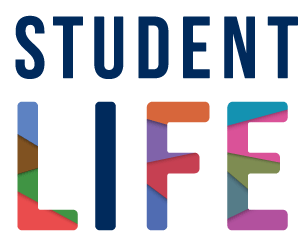Community-engaged learning (CEL) connects learning to real-world experiences. This means students get involved with local community organizations and contribute to their efforts. Typically there is also training and reflection so that students get the most out of the experience.
There are two basic types of community-engaged learning: academic and co-curricular.
Academic community-engaged learning focuses equally on the student and the community organization. The placement activity is designed by U of T faculty and staff, in collaboration with the community partner, to address a need identified by that organization while aligning closely with the purpose of the academic course. Academic community-engaged learning placements are like an experiential text – primary source material from which you can draw new frames of reference, perspectives and knowledge.
-

Associated Programs
Community-Engaged Learning Courses
U of T offers a variety of curricular community-engaged learning courses
Learn more about Community-Engaged Learning Courses




